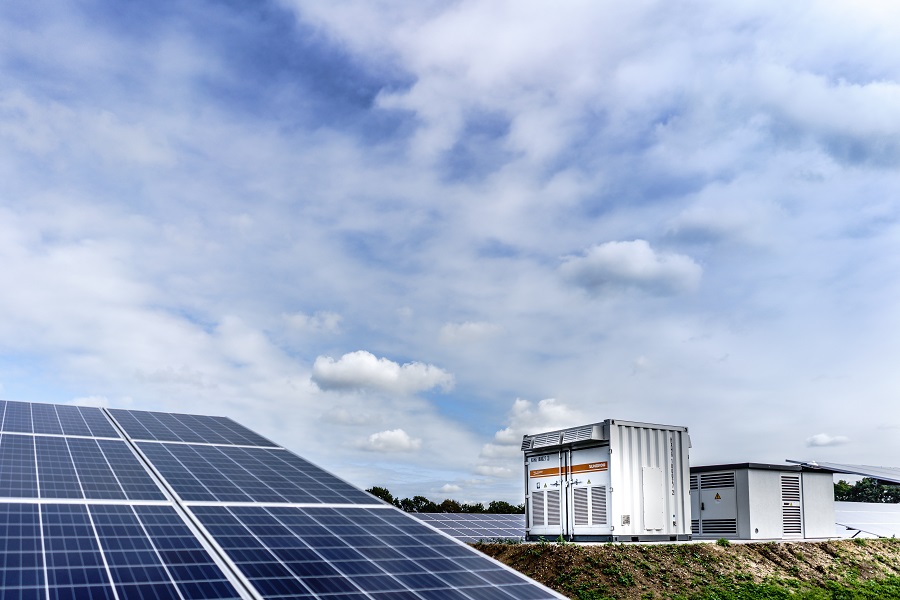The development of new energy storage technologies is the key to accelerating the energy transition and greater representation of renewable energy sources. Energy storage means greater energy stability, predictability, and planning. And that is certainly the dream of every political doctrine, especially the European one.
After the start of the war in Ukraine, the entire energy vulnerability of the EU countries was shown. Some of them had to increase the use of fossil fuels despite efforts to reduce CO2. The mild winter helped, which was perhaps the greatest ally in this complicated situation.
However, it is more than clear that progress in the energy transformation must continue, and it is more and more certain that new technologies and constant innovations will accelerate the process. In addition, it is precisely the new technologies that will contribute to shaping the energy transition in the near future and will show the direction of investments in renewable energy sources.
The Green Agenda is here and happening. It is no longer about innovation, but about a process that is becoming completely mainstream. But energy storage is an important component whose development will lead to the full use of green energy. The development of energy storage projects in the EU is an ongoing process.
At the end of last year, the largest project in the EU for energy storage started operating. The project is located in Belgium, in the province of Wallonia, and 40 lithium mega ion batteries have been installed. The investment in the project amounts to about 30 million euros, and it can store 100 MWh of electricity.
This project ensures a stable distribution of energy through the distribution networks even when the production of wind or solar energy fluctuates. It is this aspect that practically shows the importance of storage not only for energy stability and energy transition but also for greater stability of networks in the Union.
Through the decisions of the European Commission as well as the national governments, efforts are being made to improve the conditions and accelerate the development of projects of this type.
However, there are certain segments where concrete improvement is necessary. Especially in the part of creating a strategy at the EU level that will define the dynamics of increasing such capacities, improving the conditions for the realization of such projects and reducing technical and administrative barriers, and intensifying the implementation of the circular economy in all segments of social life.
There is no doubt that the development of energy storage projects will play a significant role in reducing and even completely rejecting the use of fossil fuels, thus reducing CO2 emissions.
On the other hand, it will contribute to greater technological integration of all energy sources with energy storage, which is important for creating conditions for equal and balanced development both in EU countries, but also in those that are not yet part of it, and have serious investments in renewable energy sources.
The development of energy storage technologies is taking place at an accelerated pace, hence the transformation in the energy sector will bring many new investment opportunities.

